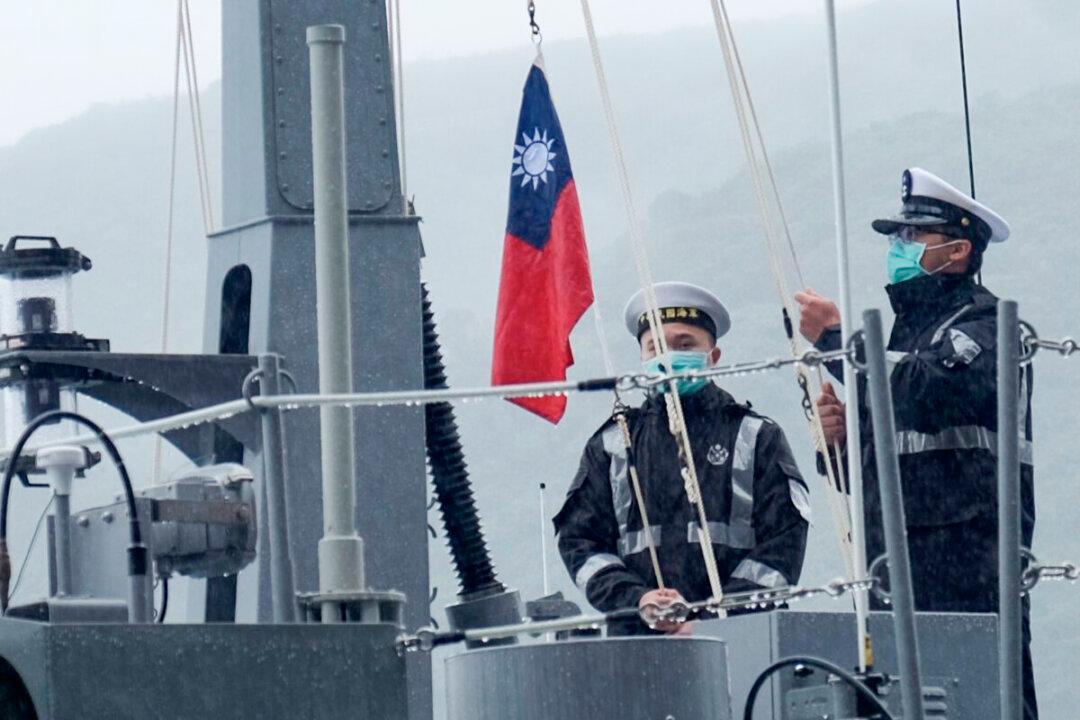The United States needs to defend Taiwan now more than ever, since the self-ruled island is part of the free world, sitting on the front line against China’s aggression, said Miles Yu, a senior fellow at the Washington-based think tank Hudson Institute.
“Taiwan is on the front line of the epic fight between tyranny and freedom. We already lost one battle ... that is Hong Kong. So we should never allow the next Hong Kong to happen,” Yu told The Epoch Times’ sister media outlet NTD on Oct 29.




